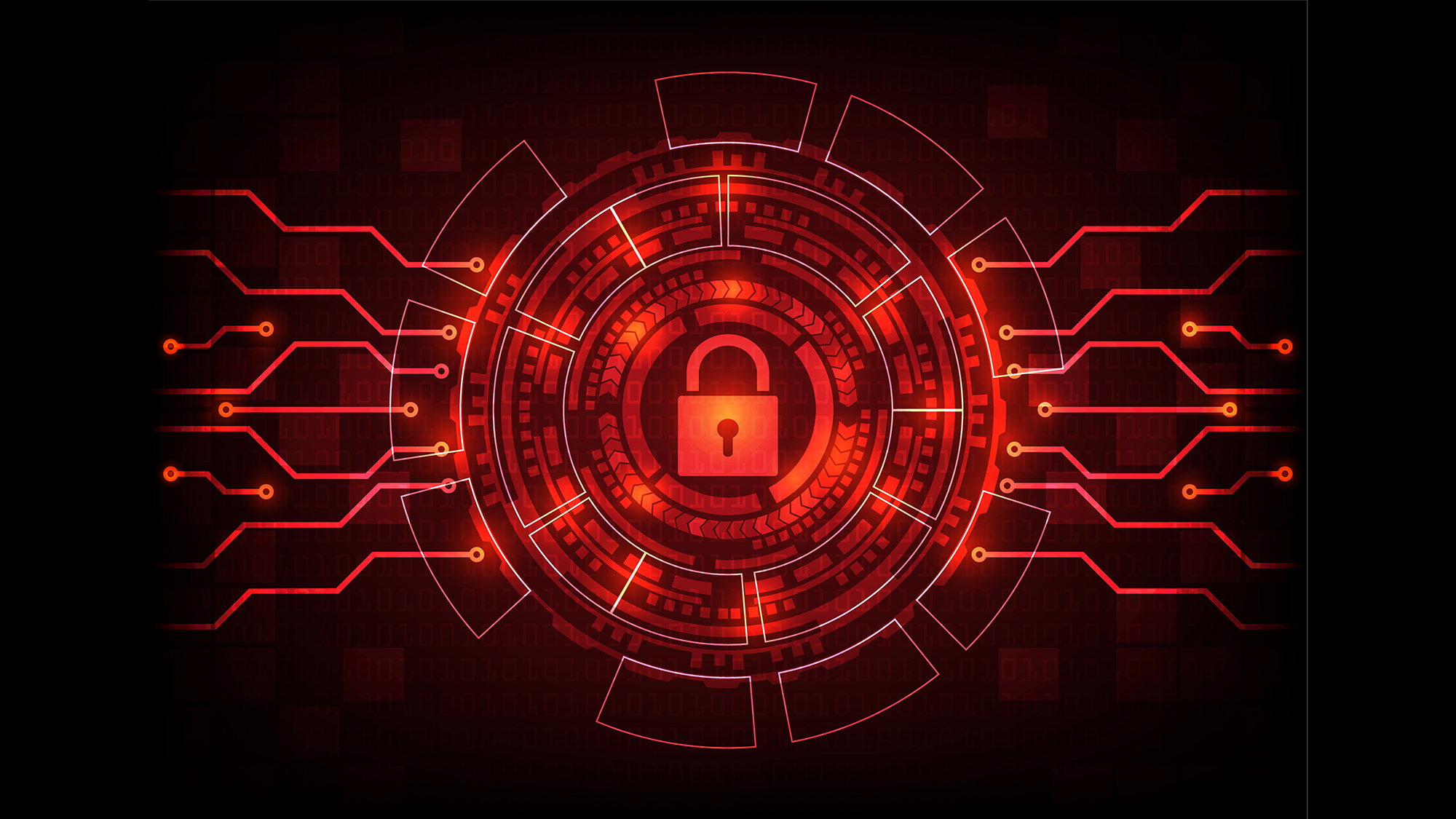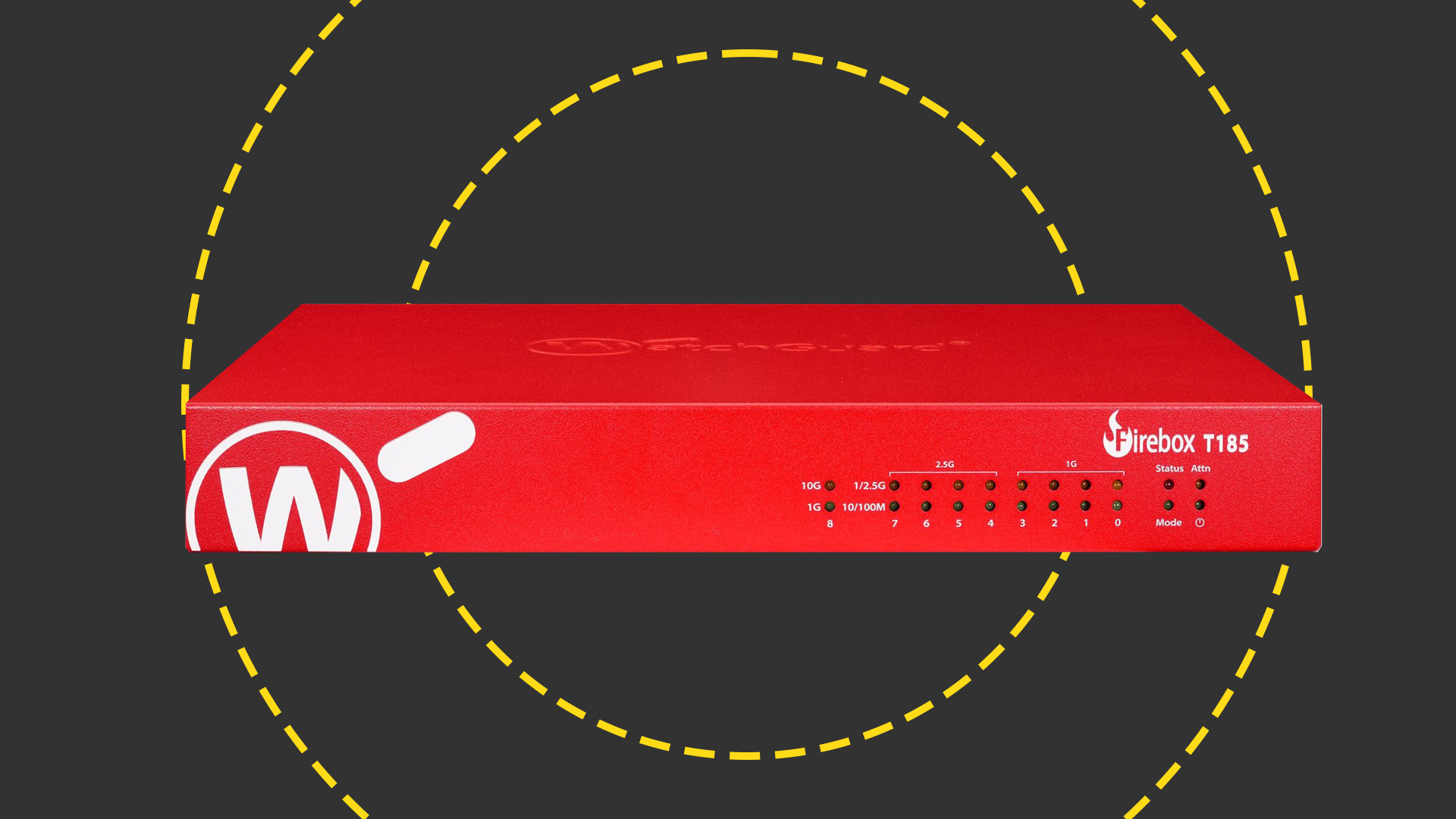US identifies and charges SamSam ransomware authors
In a wave of attacks spanning three years, the US government has charged the people behind it, but getting them in handcuffs won't be easy


The US has identified and charged two Iranian men who it believes to be behind the SamSam ransomware attack that has run riot since 2015. The only issue is, US authorities don't have the jurisdiction to reprimand them at this time.
Believed currently to be in Tehran, the two men are out of US jurisdiction but the country's law enforcement is seeking alternative methods for their capture.
"Although the alleged criminal actors are in Iran and currently out of the reach of US law enforcement," the FBI said, the BBC reported, "they can be apprehended if they travel, and the United States is exploring other avenues of recourse."
"The allegations in the indictment unsealed today - the first of its kind - outline an Iran-based international computer hacking and extortion scheme that engaged in a 21st-Century digital blackmail," said US assistant attorney general Brian Benczkowski.
The ransomware attack is one of the most prevalent of its type in recent years, making headlines by holding up high-profile targets to their demands. American cities such as Atlanta, Indiana and New Mexico have been hit hard in particular, a hospital in Indiana was reduced to working by pen and paper earlier this year after their systems were hit by the attack. In 2016, a hospital in Hollywood was also forced to turn patients away and ultimately complied with the ransom demands and paid $17,000 in bitcoin.
It was misery in March 2018 for Atlanta which suffered a crippling attack on government systems. Five out of the 13 major government departments were reduced to pen and paper, including law enforcement who also lost a number of police records in the process. City council officials were resigned to sharing one clunky personal laptop between three, Reuters reports. How did they get access to so many systems? One researcher took to Twitter to highlight a glaring error.
When greeted with the splash page after the system has been infected, users are met with a lot of 'sorry' messages, presumably peppered to illicit a feeling of honesty, that the authors of the ransomware will actually pay up, which isn't generally advised.
Sign up today and you will receive a free copy of our Future Focus 2025 report - the leading guidance on AI, cybersecurity and other IT challenges as per 700+ senior executives
The cost of the ransom increased exponentially as the years went by. At the start, the victim had two options, to pay 0.8 bitcoin for each infected PC or pay 4.5 bitcoin to get the decryption keys to all infected system's files. It later rose to 1.7 bitcoin for each system or 12 bitcoin for all, 40,000 in today's money. It's difficult to believe how long the SamSam project ran on, continually finding vulnerabilities that weren't properly patched.
It's reported to have made the authors hundreds of thousands of dollars; the US Treasury has also identified and is seeking capture of two Iranian men who helped convert the bitcoin into Iranian currency, the rial, after monitoring bitcoin wallet addresses associated with the outfit.

Connor Jones has been at the forefront of global cyber security news coverage for the past few years, breaking developments on major stories such as LockBit’s ransomware attack on Royal Mail International, and many others. He has also made sporadic appearances on the ITPro Podcast discussing topics from home desk setups all the way to hacking systems using prosthetic limbs. He has a master’s degree in Magazine Journalism from the University of Sheffield, and has previously written for the likes of Red Bull Esports and UNILAD tech during his career that started in 2015.
-
 WatchGuard Firebox T185 review
WatchGuard Firebox T185 reviewReviews The Firebox T185 offers a superb range of security measures, smart cloud management, and good performance at a competitive price point
-
 Why digital resilience now belongs in the channel boardroom
Why digital resilience now belongs in the channel boardroomIndustry Insights Digital technologies are placing increased responsibility on channel boardrooms
-
 Everything we know so far about the Nike data breach
Everything we know so far about the Nike data breachNews Hackers behind the WorldLeaks ransomware group claim to have accessed sensitive corporate data
-
 There’s a dangerous new ransomware variant on the block – and cyber experts warn it’s flying under the radar
There’s a dangerous new ransomware variant on the block – and cyber experts warn it’s flying under the radarNews The new DeadLock ransomware family is taking off in the wild, researchers warn
-
 Hacker offering US engineering firm data online after alleged breach
Hacker offering US engineering firm data online after alleged breachNews Data relating to Tampa Electric Company, Duke Energy Florida, and American Electric Power was allegedly stolen
-
 Cybersecurity experts face 20 years in prison following ransomware campaign
Cybersecurity experts face 20 years in prison following ransomware campaignTwo men used their tech expertise to carry out ALPHV BlackCat ransomware attacks
-
 15-year-old revealed as key player in Scattered LAPSUS$ Hunters
15-year-old revealed as key player in Scattered LAPSUS$ HuntersNews 'Rey' says he's trying to leave Scattered LAPSUS$ Hunters and is prepared to cooperate with law enforcement
-
 The Scattered Lapsus$ Hunters group is targeting Zendesk customers – here’s what you need to know
The Scattered Lapsus$ Hunters group is targeting Zendesk customers – here’s what you need to knowNews The group appears to be infecting support and help-desk personnel with remote access trojans and other forms of malware
-
 Impact of Asahi cyber attack laid bare as company confirms 1.5 million customers exposed
Impact of Asahi cyber attack laid bare as company confirms 1.5 million customers exposedNews No ransom has been paid, said president and group CEO Atsushi Katsuki, and the company is restoring its systems
-
 The US, UK, and Australia just imposed sanctions on a Russian cyber crime group – 'we are exposing their dark networks and going after those responsible'
The US, UK, and Australia just imposed sanctions on a Russian cyber crime group – 'we are exposing their dark networks and going after those responsible'News Media Land offers 'bulletproof' hosting services used for ransomware and DDoS attacks around the world